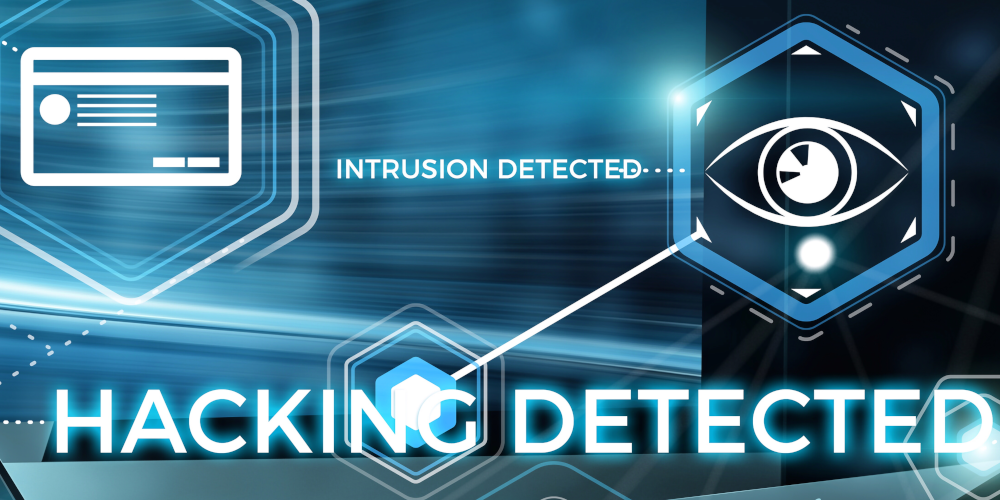




Establish better treatment for mental health problems. Based on our experience, we think it is best to treat mental problems as destructive skills and habits that need coaching. You can read more here.
Cyber crime could "easily" be eradicated if Internet users demanded it. The main problem is lack of online governance and an IT industry that is very content with the current situation. We suggest an NGO owned entity in Nairobi Kenya as owner of such global secured network. You can read more below.
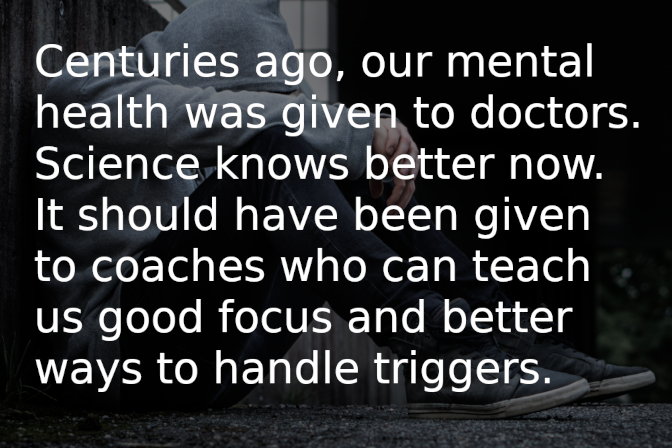
Taransvar also has a project about cyber security.
It works like this:
If this is implemented by many big telecom companies, then cyber criminals will spend most of their energy staying hidden. Once exposed, infected computers can no longer be used to attack units inside this secured network and cyber crime will no longer be sustainable.
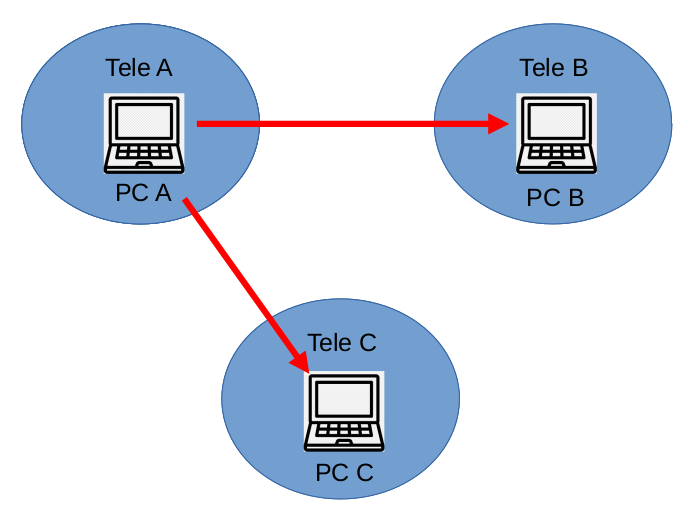

What are the consequences if we are able to make this a global success?

The main challenge on Internet is not technical, it is governance. Who decides what is allowed and what is not? Governments are pushing telecom companies to interfere and store data about usage. However, the telecom companies are reluctant, maybe primarily because it's risky. They would have to do "packet sniffing" or blocking - which could lead to trouble if they guess wrong. We fix this for them by letting the receiving firewall decide what's legitimate traffic and what's not. Then the telecom companiny can utilize what's their strength because they know who owns the connection of the infected computer. And by tagging instead of blocking, they provide a very high value product without any risk to their customers or other users online - if we're able to manage this in a good way.
Since Internet got known to the public in the nineties, cyber security issues have become a bigger and bigger concern. And the IT companies have been more than willing to profit from this. It may seem like nobody thought of coming up with a good solution to how to get rid of cybercrime. However, that is not a problem. The problem is who should own this net and thus be the one to implement and governe the rules. Several players have tried to implement a global secured network, but "nobody" want IBM or Microsoft to own such network. And who is the better alternative? We suggest this network is owned by Akili Bomba and Taransvar and any profit from such net is spend on eradicating mental health problems.
We're well aware that this idea can be stolen. Primarily it can be stolen by those big IT corporatins that should have implemented such network 30 years ago - but preferred to profit from the problem instead of solving it. So why should you trust them now?
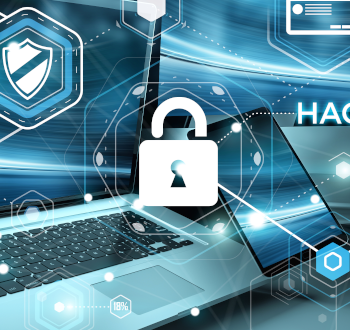
Our system for securing Internet will contain a set of routers, which main purpose is to encapsulate data traffic going between partnering telecom companies and similar. These are illustrated with computer racks in the figure to the right or below. Firewalls will also be communicate with this router to ensure that report is sent back to the sending telecom company and for further follow up.
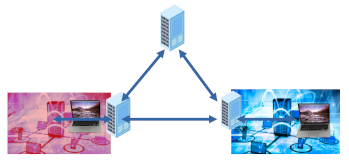
Lots of services may come out of this if we succeed. And we're looking for partners who are willing to join us in making this happen.

Lots of services may come out of this if we succeed. And we're looking for partners who are willing to join us in making this happen.
We can't do this alone. So we're looking for all kinds of partners. We're a registered NGO, but we can partner with corporations that are willing to take charge within their field.

We're still at an early stage and need all kind of collaboration to make this happen.
So this is the perfect time for joining the team.

If we're able to establish a secured global segment on Internet, when we'll be implementing whatever future there is for Internet.
Why not join us.


There's hope!
The brain is a wonderful organ that has the ability to fix major psychological problems if we help with a constructive focus. For many, this seems completely impossible. Then we can help! Contact us for a non-binding conversation.